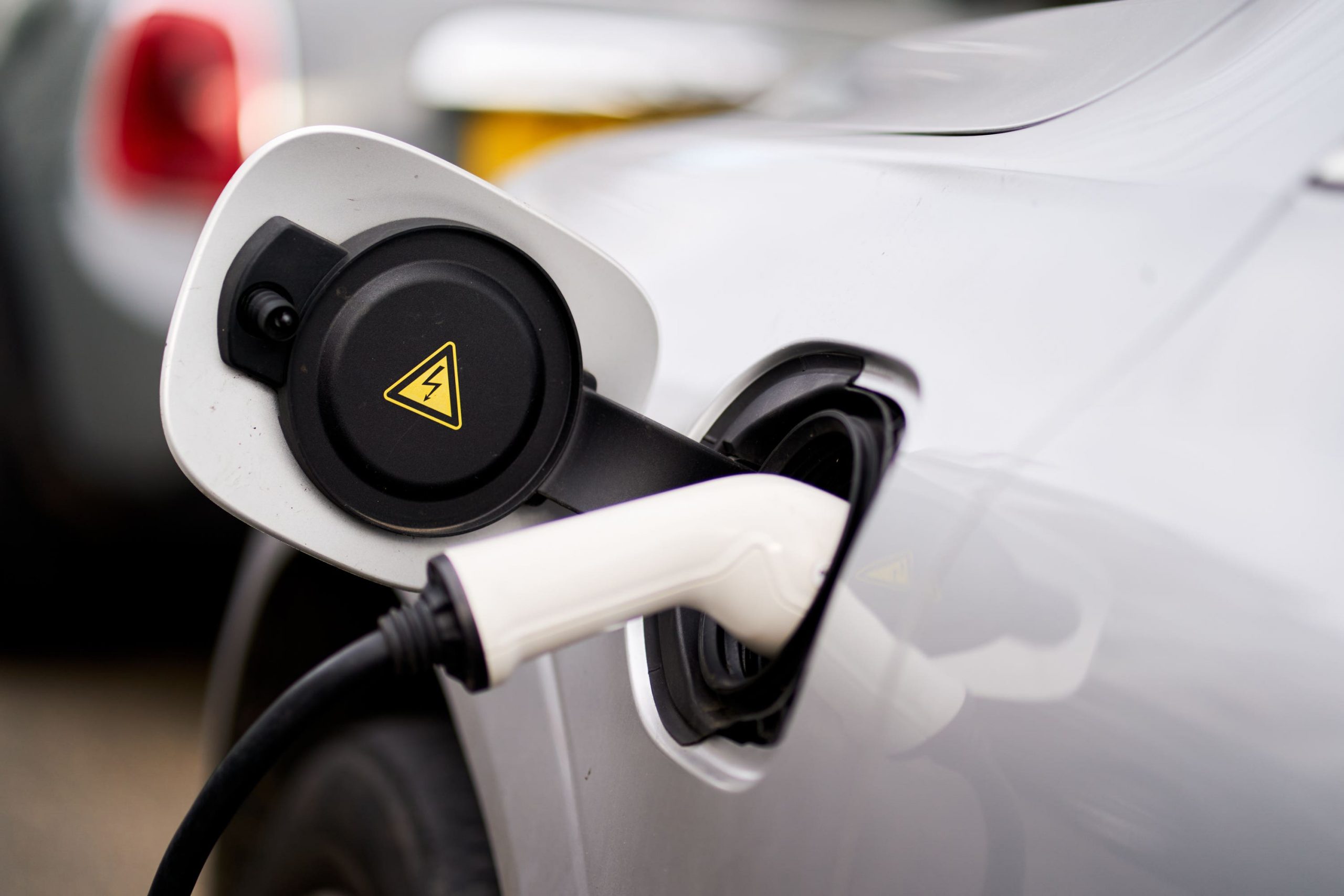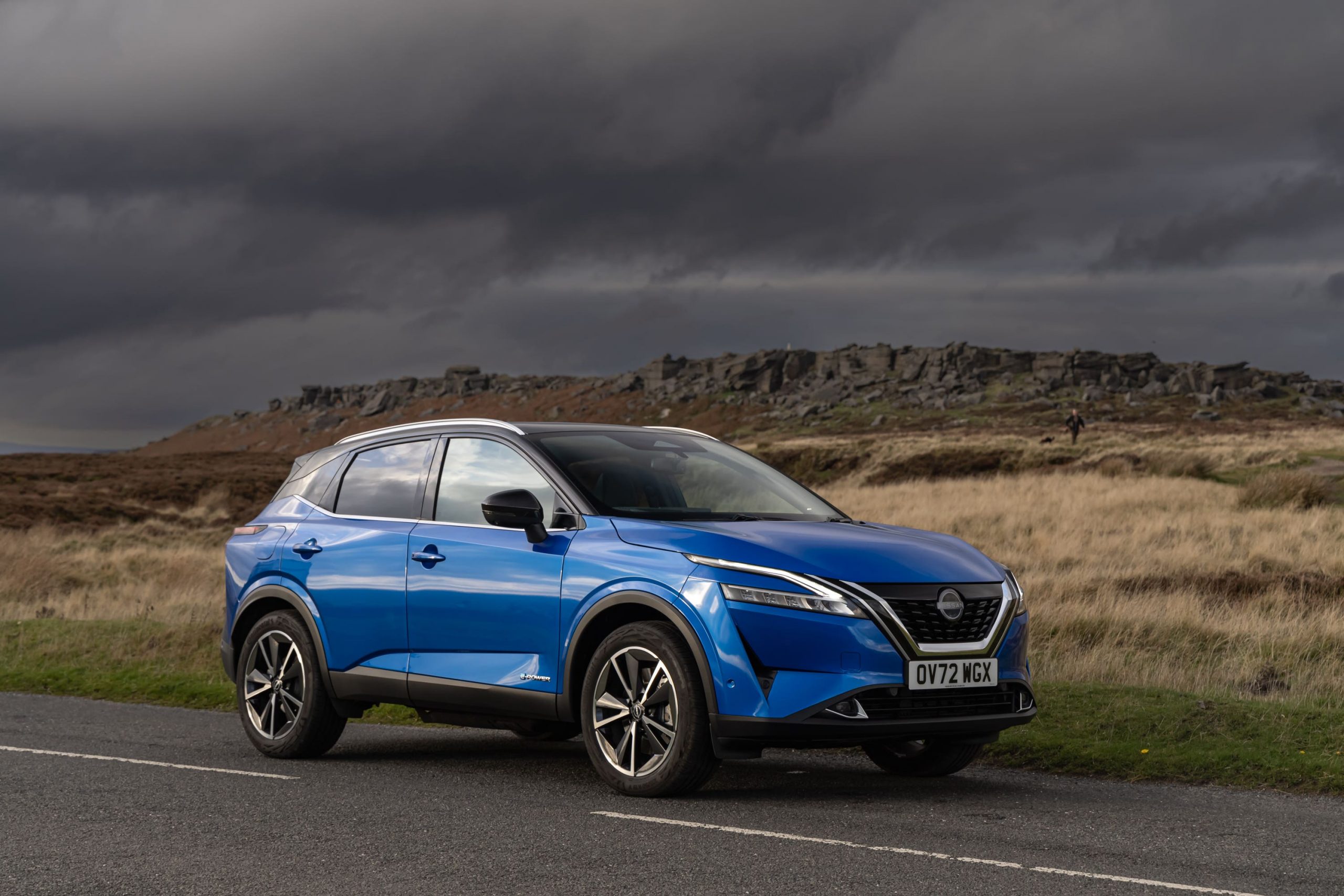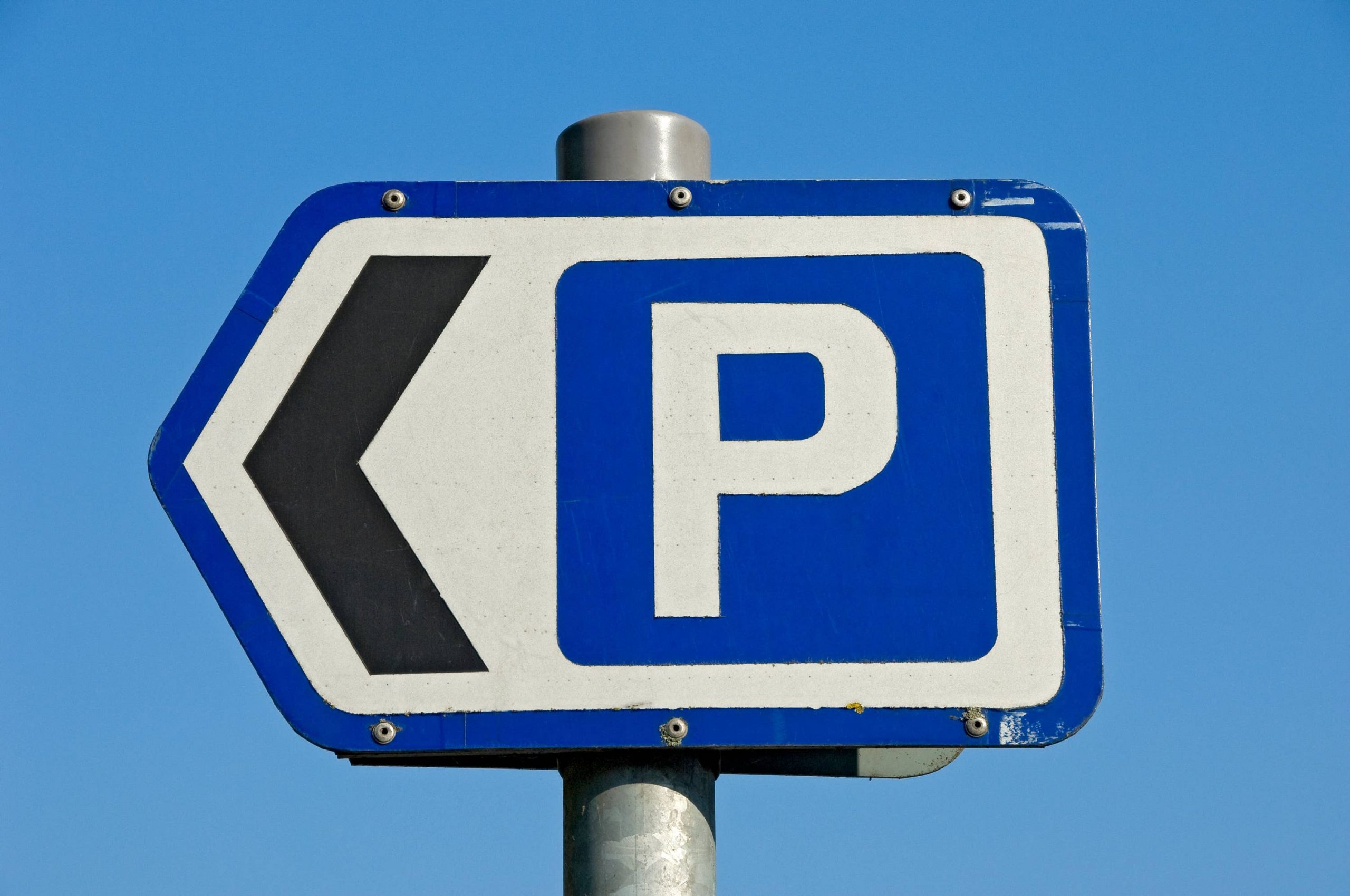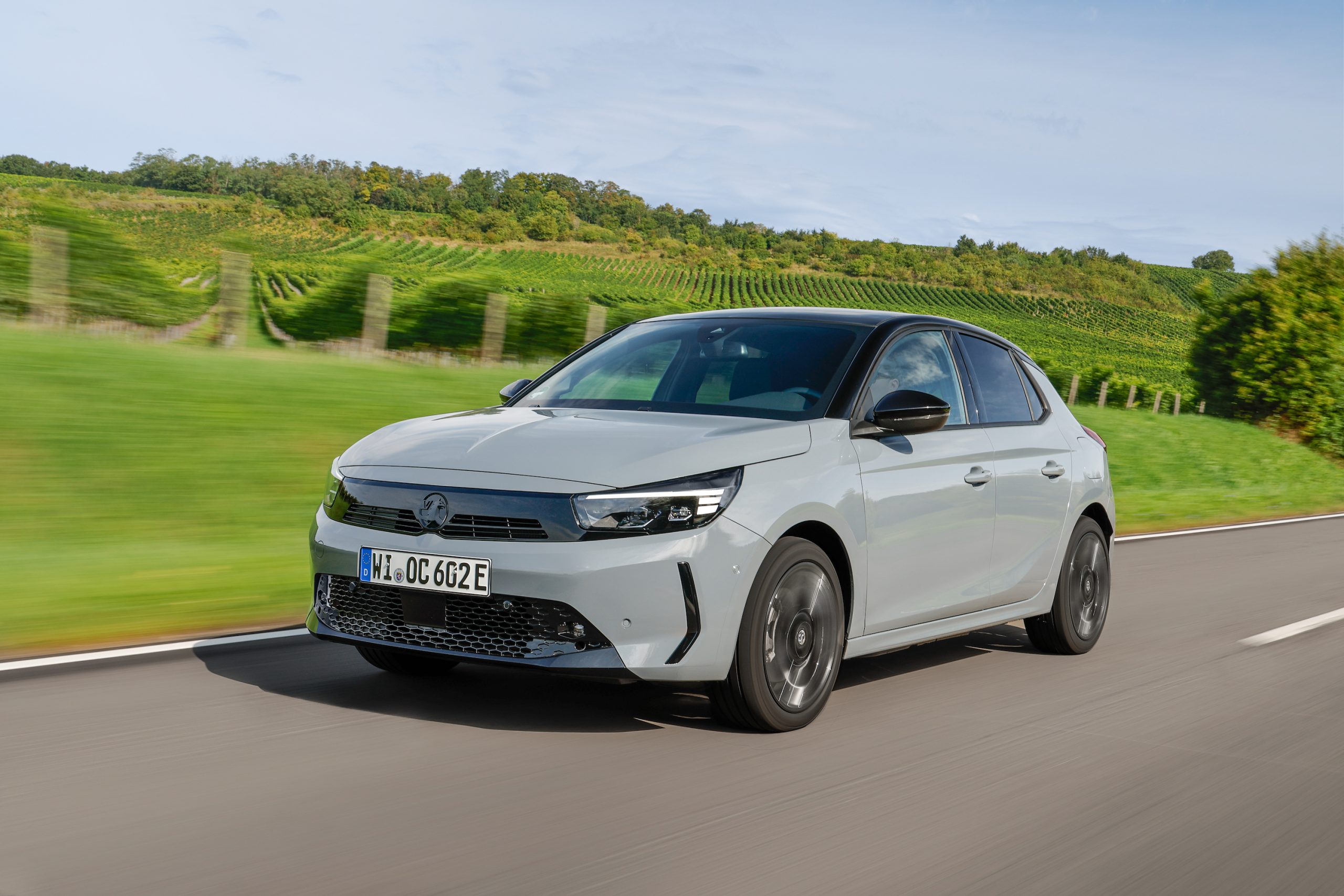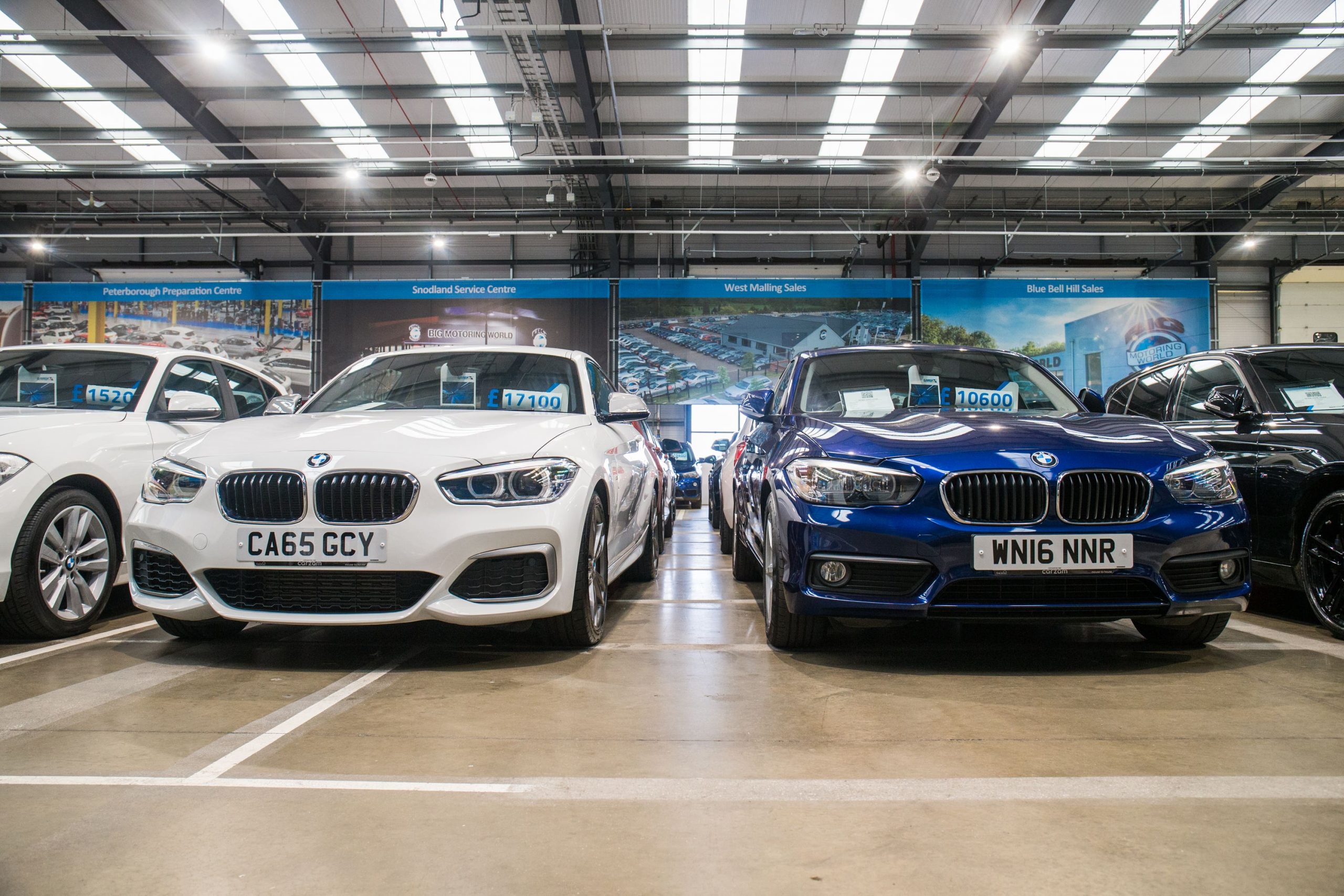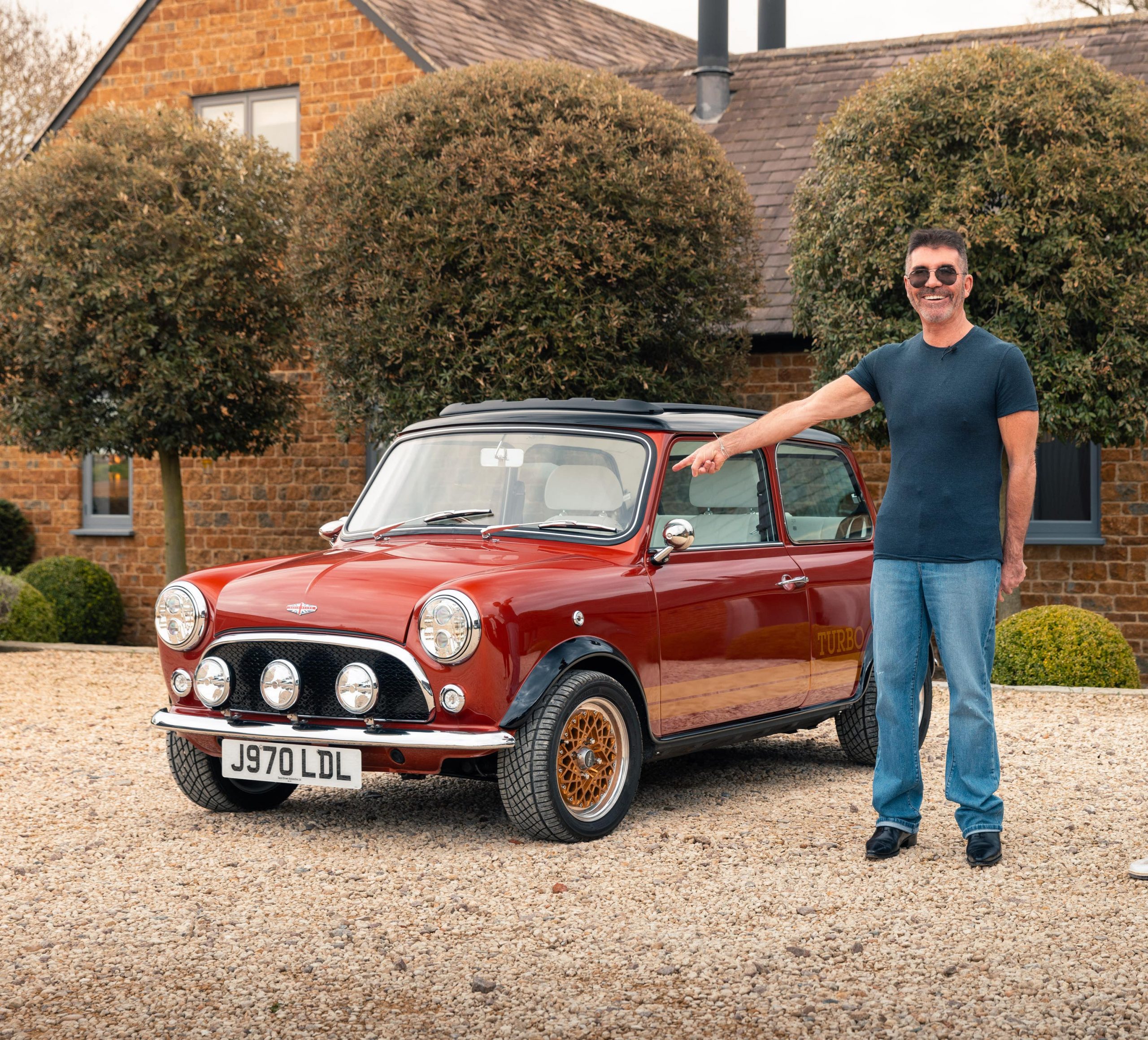Vauxhall has tweaked its popular Corsa for 2024. Ted Welford tries it out in Frankfurt
What is it?
If you were to read into Ford killing off its once best-selling Fiesta, you might believe that the small car is dead. But, though this segment isn’t quite what it once was, Vauxhall is convinced it remains ‘stable’. Models in this class account for around a fifth of all UK cars sold, too.
In fact, Vauxhall thinks there’s even a growth opportunity for its Corsa, not least targeting Fiesta owners who stubbornly don’t want Ford’s Puma when the time comes for a replacement. Vauxhall believes its Corsa can become the best-selling car overall in 2024, with this new model helping it to achieve that, but is it on the right path?
What’s new?
The Corsa has now been on sale for more than 40 years and with more than 2.8 million sold in the UK (including the Nova), it’s a big deal. This latest model arrived on sale in 2019 and was the first Corsa to be made using a PSA (now known as Stellantis) platform, the same as found on the Peugeot 208.
The main advantage of this was that there could be a Corsa Electric for the first time, which is one of the main changes as part of this update. There’s now a ‘Long Range’ model which brings more miles from a charge and a bit more power. Vauxhall’s ‘Vizor’ face has also been introduced, while there’s more in the way of technology too.
What’s under the bonnet?
Though it’s the electric Corsa that grabs the headlines, more affordable petrol models are still available, ranging in power from a first-car-friendly 74bhp to 128bhp. There will also be a mild-hybrid joining the range shortly.
Since its introduction, the electric Corsa has come with a 50kWh battery and 134bhp motor, which on paper allows for 224 miles from a charge. This will remain on sale for the foreseeable too.
But the main change is the addition of a Long Range model, which is a slightly odd name given its 51kWh battery is only a tiny bit bigger, and it only increases the range to 246 miles. It does, however, use a more powerful electric motor – putting out 154bhp and allowing for a 0-60mph time of eight seconds, 0.7 seconds quicker than the standard car. Both cars can rapid charge at up to 100kW, meaning an 80 per cent charge can take place in around half an hour.
What’s it like to drive?
One of the setbacks of the Corsa Electric since its launch has been its weak range, which was a long way off what Vauxhall claims. And though on paper, this ‘Long Range’ model might only travel 20 miles further, the difference in the real world will be significant. We were stunned by the Corsa’s efficiency on our route, getting close to the claimed figures, which is rare by EV standards.
Despite the power bump, the Corsa can feel a bit lacking in terms of performance, though putting it in the ‘Sport’ setting helps to sharpen things up. The Corsa’s high-speed refinement is particularly impressive for a car of this type, with a quiet cabin and compliant ride that could make this Vauxhall a compact car capable of plenty of motorway miles, though it’s still well-suited to the urban environments where it’s more likely targeted.
How does it look?
Despite the Corsa’s importance, it’s the last Vauxhall to get its new ‘Vizor’ design language which first appeared on the new Mokka in 2020. What this means is that there’s a new gloss black section at the front that houses the LED headlights and Vauxhall badge. It works well on other Vauxhalls and the same is true here. One strange thing is that because of the black emblem, you can’t really tell it’s a ‘Vauxhall’, though there is new Range Rover-style ‘CORSA’ badging at the rear.
Though design is always subjective, we reckon the Corsa is a great-looking car. Our test car, painted in the new Graphic Grey colour with a fresh set of black 17-inch alloy wheels looked especially good. All models except the entry-level Design also come with a contrasting black roof as standard which adds to the appeal. There’s very little to tell the electric Corsa apart from the petrol version, either.
What’s it like inside?
Among the main interior changes on the Corsa is the addition of a new 10-inch touchscreen, which is fitted to all cars with the exception of the entry-level electric model. Though still not the best system, it’s much quicker and easier to operate than the old car.
Though the general look of the Corsa is modern, the quality isn’t great and we do have questions about the long-term durability, given some of the materials on our practically new car felt like they were degrading already. There are quite a lot of hard plastics used, and in places, it can feel a touch flimsy.
But up front, there’s lots of scope to get comfortable, with plenty of adjustment to the steering wheel and seat, and great visibility. Rear legroom is tight for adults, however, and though this is a small car, rivals like the Volkswagen Polo are much roomier inside.
What’s the spec like?
There are three versions of the Corsa available, with the range starting with the Design. Equipment is generous, though, and includes LED headlights, a touchscreen with Apple CarPlay and Android Auto, 16-inch alloy wheels and rear parking sensors. The GS model, our pick of the range, brings a reversing camera, keyless entry, smarter 17-inch alloy wheels and a black styling pack. If you want to splash out, the flagship Ultimate grade gets adaptive cruise control, Alcantara seats and fancy Matrix LED headlights.
In terms of pricing, there’s a huge difference between petrol and electric Corsas. The range starts from an attractive £19,625 for the petrol, or less than £200 a month over a five-year finance deal. Electric models kick off from £32,445, or £375 a month, but it’s the Long Range car we’d recommend, which costs at least £35,000. For a top-spec electric Corsa in a nice colour and with an optional glass roof, it is almost £40,000. For a Corsa!
Verdict
It’s easy to see why the Corsa has been such a big success over the years, and why the latest version has proven so popular. This is a small car that has the driving manners and technology of far larger vehicles, wrapped up in a stylish package and at a decent price – if you choose the petrol car.
Though this longer-range electric model is a compelling choice, not least with its outstanding efficiency, the price is a real sore point. But practise your best haggling skills and negotiate a few thousand pounds off (which we suspect Vauxhall dealers will be happy to do) and it all of a sudden becomes a far more desirable choice.
Facts at a glance
- Model: Vauxhall Corsa Electric
- Price: £32,445
- Model as tested: Vauxhall Corsa Ultimate Long Range
- Price as tested: £38,585
- Powertrain: Single electric motor with 51kWh battery
- Power: 154bhp
- Torque: 260Nm
- 0-60mph: 8.0 seconds
- Top speed: 93mph
- Emissions: 0g/km
- Range: 246 miles
- Max charging rate: 100kW

